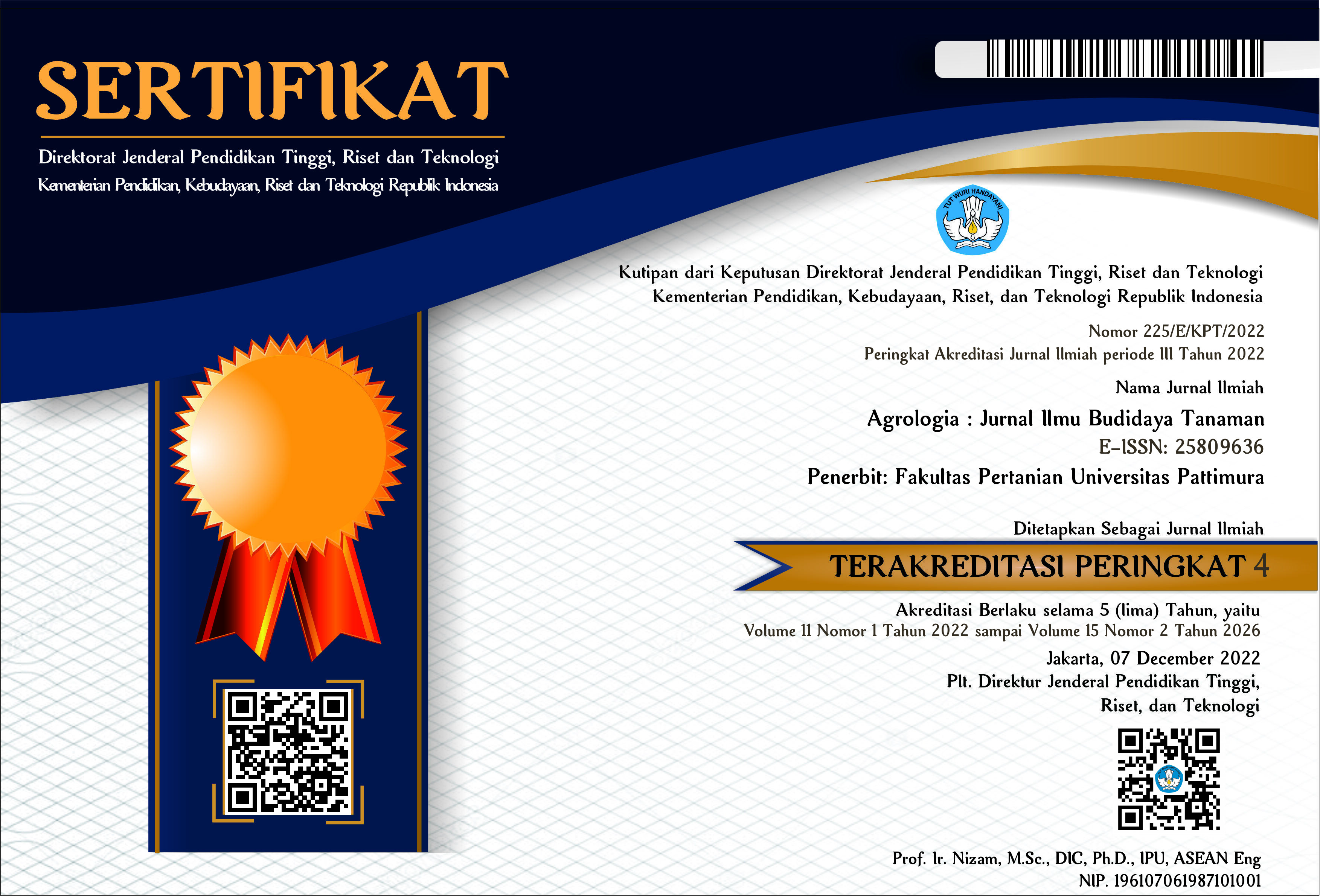Impact of Bacillus Inoculation on Rhizosphere Bacterial Community Structure: A Review
Abstract
The rhizosphere is a specialized zone where plant roots interact with the soil microbiome. Among various beneficial microbes, the genus Bacillus stands out due to its diverse functionalities and potential to boost plant growth and resilience. Bacillus is a key genus of plant growth-promoting rhizobacteria (PGPR) known for enhancing nutrient availability, producing phytohormones, and inducing plant resistance to pathogens. Inoculating Bacillus species into the rhizosphere can significantly alter the bacterial community's structure and composition. These alterations are driven by the competitive and cooperative interactions between Bacillus and the native rhizosphere microorganisms. Incorporating soil microorganisms into the host plant's beneficial bacterial community improves soil nutrient cycling and nutrient use efficiency. Using microbial inoculants is an effective strategy to address crop succession challenges, enhance microbial community structure, and improve soil fertility, thereby promoting crop growth. This review thoroughly examines the current understanding of how Bacillus inoculation impacts rhizosphere bacterial community structure.
Downloads
Copyright (c) 2024 Nisrina Salsabila, Reginawanti Hindersah

This work is licensed under a Creative Commons Attribution-NonCommercial-ShareAlike 4.0 International License.
License and Copyright Agreement
In submitting the manuscript to the journal, the authors certify that:
- They are authorized by their co-authors to enter into these arrangements.
- The work described has not been formally published before, except in the form of an abstract or as part of a published lecture, review, thesis, or overlay journal. Please also carefully read Agrologia : Jurnal Ilmu Budidaya Tanaman Posting Your Article Policy at https://ojs.unpatti.ac.id/index.php/agrologia/about
- That it is not under consideration for publication elsewhere,
- That its publication has been approved by all the author(s) and by the responsible authorities – tacitly or explicitly – of the institutes where the work has been carried out.
- They secure the right to reproduce any material that has already been published or copyrighted elsewhere.
- They agree to the following license and copyright agreement.
Copyright
Authors who publish with Agrologia : Jurnal Ilmu Budidaya Tanaman agree to the following terms:
- Authors retain copyright and grant the journal right of first publication with the work simultaneously licensed under a Creative Commons Attribution License (CC BY-NC-SA 4.0) that allows others to share the work with an acknowledgment of the work's authorship and initial publication in this journal.
- Authors are able to enter into separate, additional contractual arrangements for the non-exclusive distribution of the journal's published version of the work (e.g., post it to an institutional repository or publish it in a book), with an acknowledgment of its initial publication in this journal.
- Authors are permitted and encouraged to post their work online (e.g., in institutional repositories or on their website) prior to and during the submission process, as it can lead to productive exchanges, as well as earlier and greater citation of published work.




.png)
